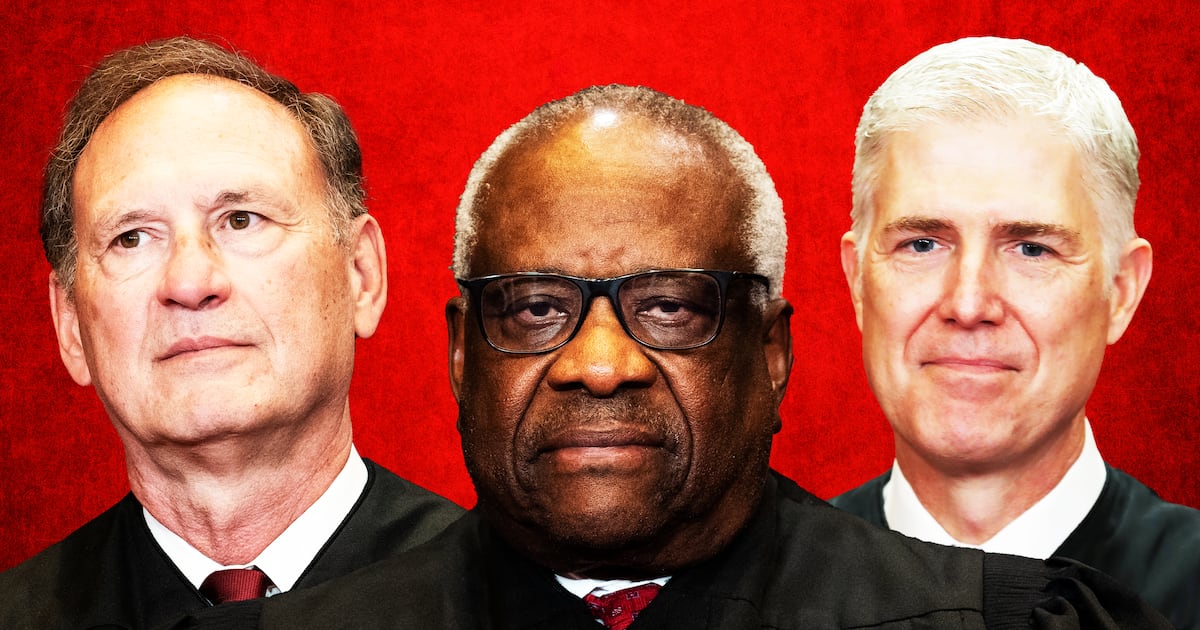What to do with a 100-year-old dead Nazi whom no nation wants to bury? That’s the question facing Italy as it debates what to do with the body of Erich Priebke, the mass murderer who died last week in Rome, where he was serving a life sentence for the slaying of hundreds of Italians in 1944. Priebke was extradited to Italy in 1995 to face trial after hiding out in Argentina for more than 50 years; his cover was blown in 1994 by ABC News correspondent Sam Donaldson.

Priebke was second-in-command at the Gestapo headquarters in Rome during World War II and ordered the massacre of 335 Italians in the Ardeatine caves just outside Rome’s city center. The attack was in retaliation for the killing of 33 Nazi military in police in the capital. During his trial in 1994, Priebke admitted to shooting at least two people at point blank range in the caves, but he insisted he was only following orders. He was convicted and given a life sentence, which he served under house arrest because of his age.
Priebke was a practicing Catholic who regularly attended church as part of his house arrest stipulation. But when he died last Friday, the Vatican issued orders banning his burial in any Catholic Church. Rome’s mayor went one step further and prohibited him from being buried in Rome at all. Argentina refused to take his remains and even his hometown of Hennisgdorf, Germany, refused to accept the body. The head of Italy’s Jewish society, Riccardo Pacifici, suggested he be cremated like other notorious war criminals in order to stop his grave from becoming a shrine for neo-Nazis. Priebke’s son, Jorge, told a newspaper in Argentina that his father should be buried in Israel. “The case against my father is a forgery made by the Jews,” he said. “Where should he be buried? Israel would also be good, so that they’re happy.”
ADVERTISEMENT
Finally, the cultish Society of Saint Pius X, a rogue Catholic off-shoot that denies the Holocaust ever took place, said they would bury the Nazi in their compound in Albano Laziale outside of Rome. But the funeral, which was to take place on Tuesday—the eve of National Holocaust Remembrance Day in Italy—was blocked by violent protests. As the hearse wound its way to the Saint Pius X chapel, protesters spat and kicked at it, shouting “assassin.” They accosted the priest who was prepared to perform the funeral and then stopped Priebke’s family from entering the church. Police intervened in riot gear after the protesters clashed with a group of rightwing extremists. Priebke’s lawyer called off the funeral and the body was transported in the dark of night to Practica di Mare, a protected military base on Italy’s coast. Initially, the Italians planned to repatriate Priebke’s remains back to Germany, but on Wednesday, a spokesman for the Germany foreign minister refused the idea. “The details of the burial are the responsibility of the country in which someone dies,” he said.
Italy’s foreign minister Emma Bonino tried to calm the situation. “The memory cannot be cancelled out,” she said. “But hysteria doesn’t help the situation.”
Priebke was defiantly unapologetic for his crimes, always insisting he was only following orders even though he was a top chief. His lawyer Paolo Giachini told Italian newsweekly Panorama that Priebke spent his waning days glued to television news, frequently commenting on headline stories. He was particularly obsessed with the murder of Meredith Kercher. “He kept saying he did not understand how the people were capable of such unprovoked violence against a person,” Giachini told Panorama. “He also can’t understand why everyone calls him the executioner.”






